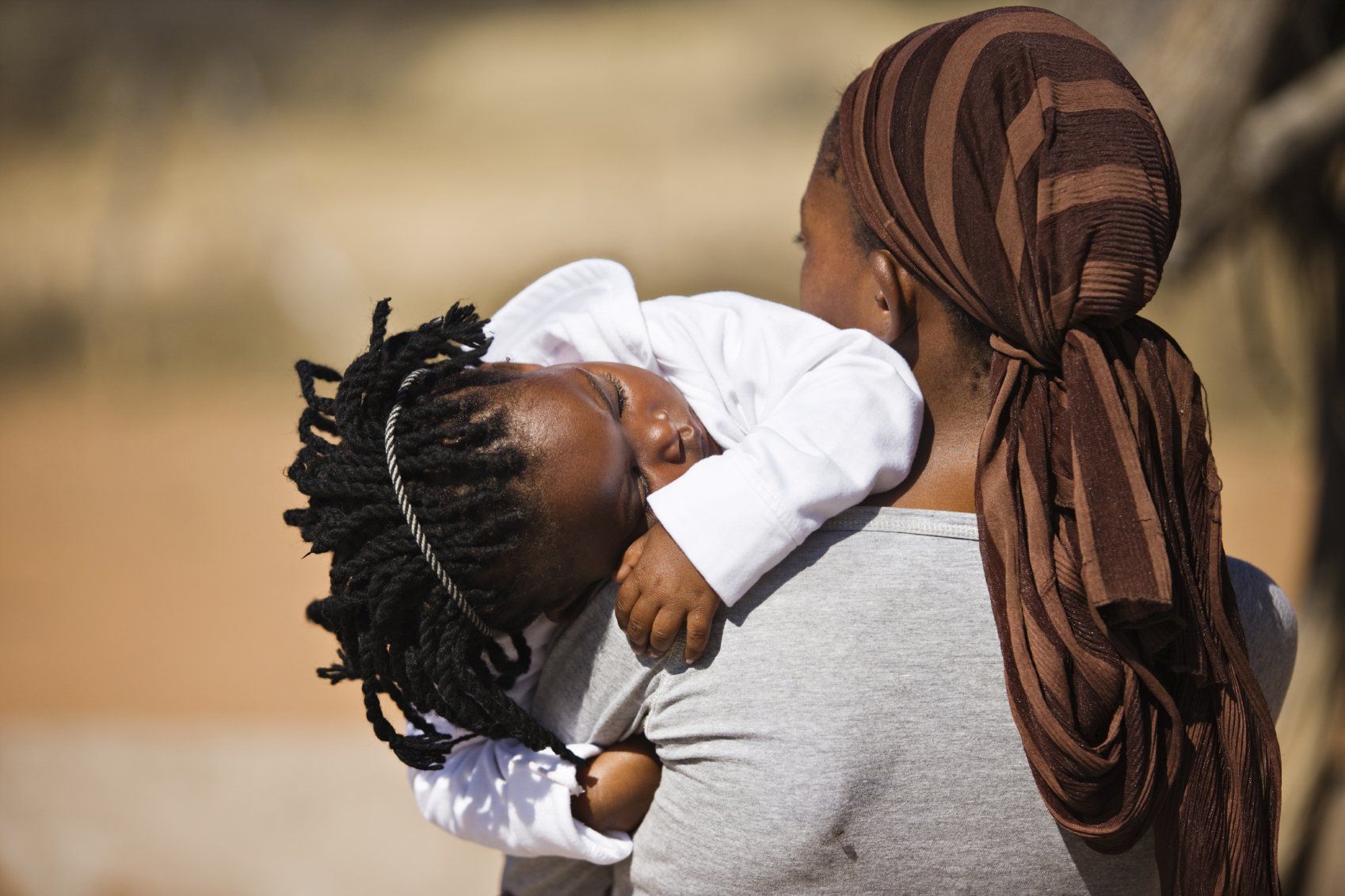East Central Florida Cancer Control Collaborative
Cancer Prevention, Access, and Survivorship Resources
Prevent Cancer
Access Cancer Care
Survivorship Support
Prevent Cancer
- American Cancer Fund - www.americancancerfund.org
- American Cancer Society - www.cancer.org
- American Institute for Cancer Research - www.aicr.org/cancer-prevention
- American Society of Clinical Oncology - www.asco.org
- Centers for Disease Control and Prevention - www.cdc.gov/cancer
- Colon Cancer Alliance - www.ccalliance.org
- Complementary Cancer Care (Brevard County) - info@compcancercare.org
- MCRG Patient and Family Learning Center at Orlando Health - www.orlandohealthcancer.com/ourservices/mcrg-patient-and-family-learning-center
- National Cancer Institute - www.prevention.cancer.gov
- Prevent Cancer Foundation - www.preventcancer.org
- Sharsheret - www.sharsheret.org
- World Health Organization - www.who.int/cancer/prevention/children/en
Cancer Prevention Initiatives
Florida Cancer Prevention Network to launch in 2024
The East Central Florida Cancer Control Collaborative (ECFCCC) will create the Florida Cancer Prevention Network to support cancer prevention awareness and screening for primary care medical practice patients in Brevard, Osceola, Orange, Seminole, Lake, Sumter, and Marion counties.
Grant funding for the network has come from Moffitt Cancer Center, Sylvester Comprehensive Cancer Center, and the University of Florida Health Cancer Center.
"When cancer is detected at the earliest stages, treatment is more effective and survival drastically improves. Yet ~50% of cancers are still only detected at an advanced stage. Improved earlier detection of cancer could substantially increase survival rates.” (SCIENCE, 18 Mar 2022, Vol 375, Issue 6586)
Early detection is more likely to occur in the primary care medical setting. However, the time that may be devoted to patient education at primary care medical offices is extraordinarily limited due to both appointment time constraints and the clinical workforce shortage.
“In a national survey released by The Physicians Foundation, only 11 percent of patients and 14 percent of physicians said they felt that their visits offered all the time needed to provide the highest standards of care.” (FPM Journal).
When participating in the Florida Cancer Prevention Network, primary care medical offices will provide patients with access to on-line cancer education webinars and resources to improve health literacy. Through on-line pre- and post- testing, increased patient knowledge will be assessed. Higher-risk patients who self-identify will be directed to follow-up screening services (low dose CT lung scans, pap tests, HPV vaccination, mobile dermatology, mammography, colonoscopies, PSA and DRE) available in their area.
Individuals screened with suspected disease will be referred to their primary care medical office to be directed to a cancer specialist physician within the same practice group or health insurance plan.
In the case of uninsured or underinsured individuals, in selected counties within the ECFCCC service area, a limited number of free primary medical clinics have established specialist referral panels for the uninsured. Additionally, some Federally Qualified Health Clinics (FQHCs) are now participating in value-based contracts with Medicaid plans that include cancer specialists.
Resource materials and webinars will be prepared in both English and Spanish languages.




